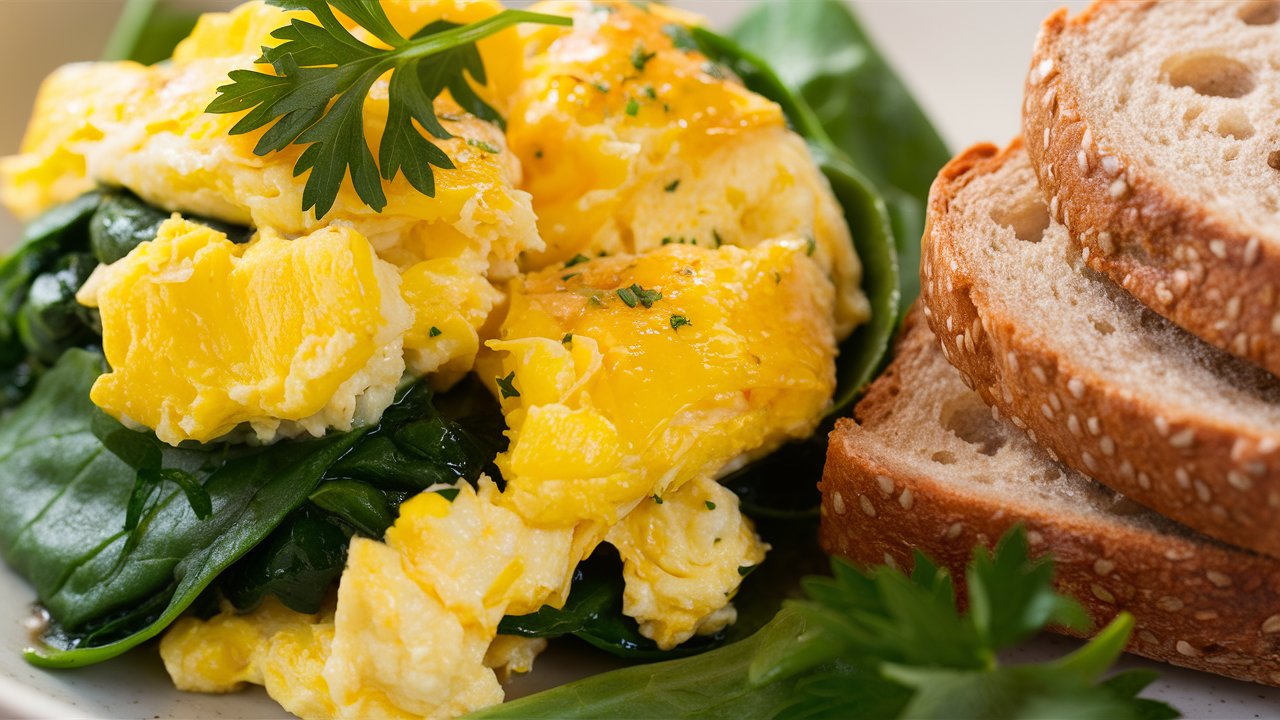Building muscle mass isn’t just about hitting the gym hard; it’s also about fueling your body with the right nutrients. Whether you’re aiming to bulk up or achieve a lean, sculpted physique, the foods you eat play a crucial role in supporting your muscle-building efforts. Incorporating the right foods for muscle mass ensures that your body has the necessary protein, carbohydrates, fats, vitamins, and minerals to repair and grow muscle tissue effectively.
1. Lean Protein Sources
Protein is the building block of muscles, making it essential to include adequate amounts in your diet. Opt for lean sources such as chicken breast, turkey, lean beef, fish, eggs, and plant-based options like tofu and tempeh. These foods provide high-quality protein with essential amino acids that promote muscle repair and growth.
Key Foods for Muscle Mass
| Food Category | Examples | Benefits |
|---|
| Lean Protein Sources | Chicken breast, turkey, fish, eggs, tofu, tempeh | Promotes muscle repair, growth, and recovery. Provides essential amino acids. |
| Complex Carbohydrates | Brown rice, quinoa, sweet potatoes, oats, legumes | Provides sustained energy for workouts and muscle recovery. |
| Healthy Fats | Avocados, nuts, seeds, olive oil | Supports hormone production, provides calorie-dense energy, helps nutrient absorption. |
| Dairy or Dairy Alternatives | Greek yogurt, cottage cheese, milk, plant-based milks | High in protein and calcium, aids in muscle function and recovery. |
| Fruits & Vegetables | Berries, leafy greens, bell peppers, cruciferous vegetables | Provides antioxidants, vitamins, and minerals for overall health and muscle recovery. |
| Hydration | Water, electrolyte drinks | Essential for muscle function, recovery, and nutrient transportation. |
2. Complex Carbohydrates
Carbohydrates are vital for energy, especially during intense workouts that stimulate muscle growth. Focus on complex carbohydrates like whole grains (brown rice, quinoa, oats), sweet potatoes, and legumes. These carbs provide a sustained release of energy, helping you power through workouts and support muscle recovery.
3. Healthy Fats
Don’t shy away from fats—they are crucial for hormone production and overall health. Incorporate healthy fat sources like avocados, nuts, seeds, and olive oil into your meals. These fats provide calorie-dense energy and aid in the absorption of fat-soluble vitamins, enhancing your body’s ability to build and maintain muscle mass.
4. Dairy or Dairy Alternatives
For many, dairy products like Greek yogurt, cottage cheese, and milk are convenient sources of high-quality protein and essential nutrients like calcium. If you prefer non-dairy options, consider fortified plant-based milks and yogurts that offer similar benefits. These dairy alternatives can still provide the protein and calcium necessary for muscle function and growth.
5. Colorful Fruits and Vegetables
A diet rich in fruits and vegetables provides antioxidants and phytonutrients that support overall health and muscle recovery. Aim for a variety of colors to ensure you’re getting a broad spectrum of vitamins, minerals, and antioxidants. Berries, leafy greens, bell peppers, and cruciferous vegetables are particularly beneficial choices.
6. Hydration
Proper hydration is often overlooked, but is crucial for muscle function and recovery. Water helps transport nutrients to your cells, regulate body temperature, and remove waste products. Drink plenty of water throughout the day, especially before, during, and after workouts to optimize muscle performance and recovery.
Sample Meal Plan
Here’s an example of how to incorporate these optimal foods into a muscle-building meal plan:
- Breakfast: scrambled eggs with spinach over whole grain bread.
- Mid-Morning Snack: Greek yogurt with berries and almonds.
- Lunch: Grilled chicken breast, quinoa, and steamed vegetables.
- Afternoon Snack: Apple slices with peanut butter.
- Dinner: Baked salmon with sweet potato and a side salad drizzled with olive oil.
- Evening Snack (if needed): Cottage cheese with pineapple chunks.
Conclusion
Building muscle mass requires both consistent training and proper nutrition. Incorporating essential foods for muscle mass, such as lean proteins, complex carbohydrates, healthy fats, dairy or alternatives, and a variety of colorful fruits and vegetables, provides your body with the nutrients required for muscle development, repair, and recovery. It’s essential to customize your diet according to your specific needs and goals. A holistic approach to nutrition will not only help you achieve your muscle-building objectives, but also enhance your overall health and well-being significantly.
Frequently Asked Questions (FAQs)
The best foods for building muscle mass include lean protein sources (chicken, fish, eggs, tofu), complex carbohydrates (brown rice, oats, quinoa), healthy fats (avocados, nuts, olive oil), and plenty of fruits and vegetables. A well-balanced diet with these foods supports muscle repair and growth.
For muscle growth, it is generally advised to ingest 1.6 to 2.2 grams of protein per kilogram of body weight every day. However, individual needs may vary based on activity levels and specific goals. To optimize muscle synthesis, protein consumption should be distributed throughout the day.
Yes, you can build muscle without eating meat. Plant-based alternatives that offer the essential amino acids for muscle building include tofu, tempeh, lentils, chickpeas, quinoa, and edamame.
Carbohydrates are crucial for muscle building because they provide energy for intense workouts and aid in muscle recovery. Focus on complex carbs like whole grains, sweet potatoes, and legumes for sustained energy, which helps fuel your muscles during training.
Yes, staying hydrated is vital for muscle growth. During exercise, water supports muscle function, controls body temperature, and carries nutrients to your cells. Proper hydration can enhance performance and recovery, contributing to better muscle development.

